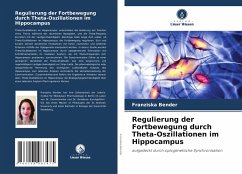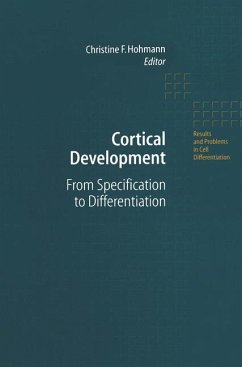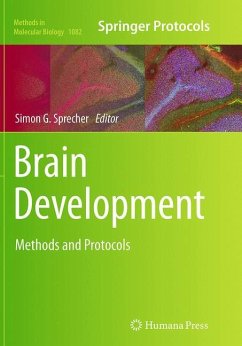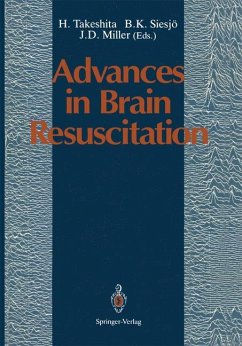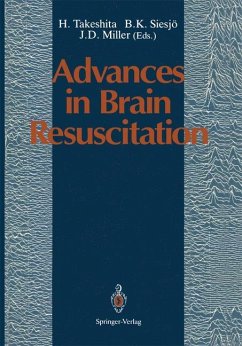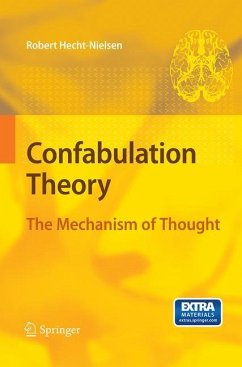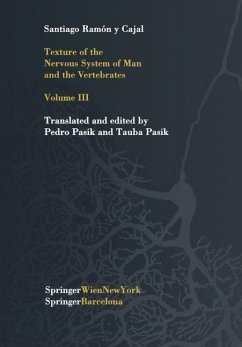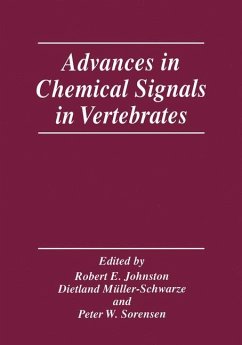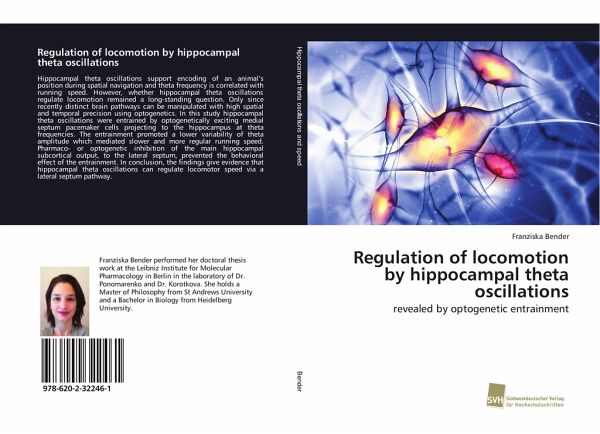
Regulation of locomotion by hippocampal theta oscillations
revealed by optogenetic entrainment
Versandkostenfrei!
Versandfertig in 6-10 Tagen
38,99 €
inkl. MwSt.

PAYBACK Punkte
19 °P sammeln!
Hippocampal theta oscillations support encoding of an animal's position during spatial navigation and theta frequency is correlated with running speed. However, whether hippocampal theta oscillations regulate locomotion remained a long-standing question. Only since recently distinct brain pathways can be manipulated with high spatial and temporal precision using optogenetics. In this study hippocampal theta oscillations were entrained by optogenetically exciting medial septum pacemaker cells projecting to the hippocampus at theta frequencies. The entrainment promoted a lower variability of the...
Hippocampal theta oscillations support encoding of an animal's position during spatial navigation and theta frequency is correlated with running speed. However, whether hippocampal theta oscillations regulate locomotion remained a long-standing question. Only since recently distinct brain pathways can be manipulated with high spatial and temporal precision using optogenetics. In this study hippocampal theta oscillations were entrained by optogenetically exciting medial septum pacemaker cells projecting to the hippocampus at theta frequencies. The entrainment promoted a lower variability of theta amplitude which mediated slower and more regular running speed. Pharmaco- or optogenetic inhibition of the main hippocampal subcortical output, to the lateral septum, prevented the behavioral effect of the entrainment. In conclusion, the findings give evidence that hippocampal theta oscillations can regulate locomotor speed via a lateral septum pathway.



